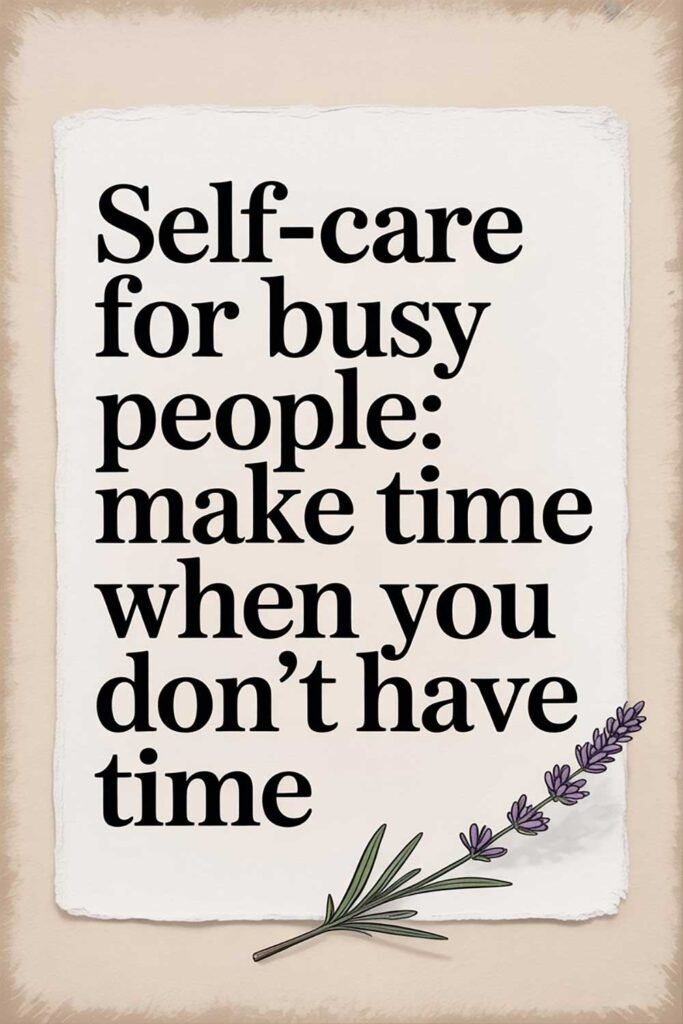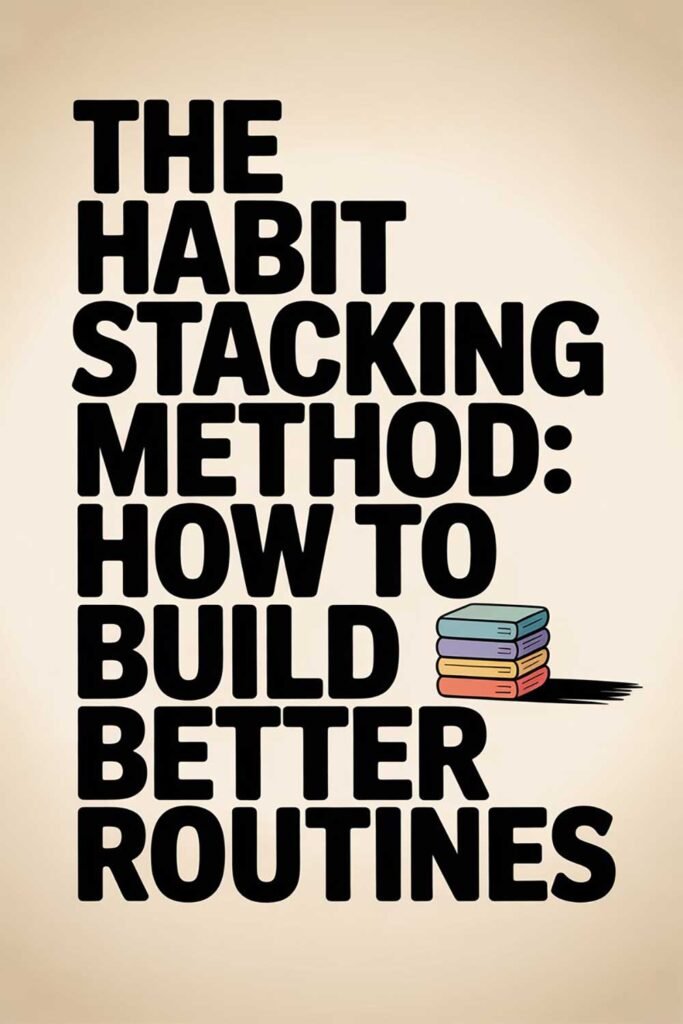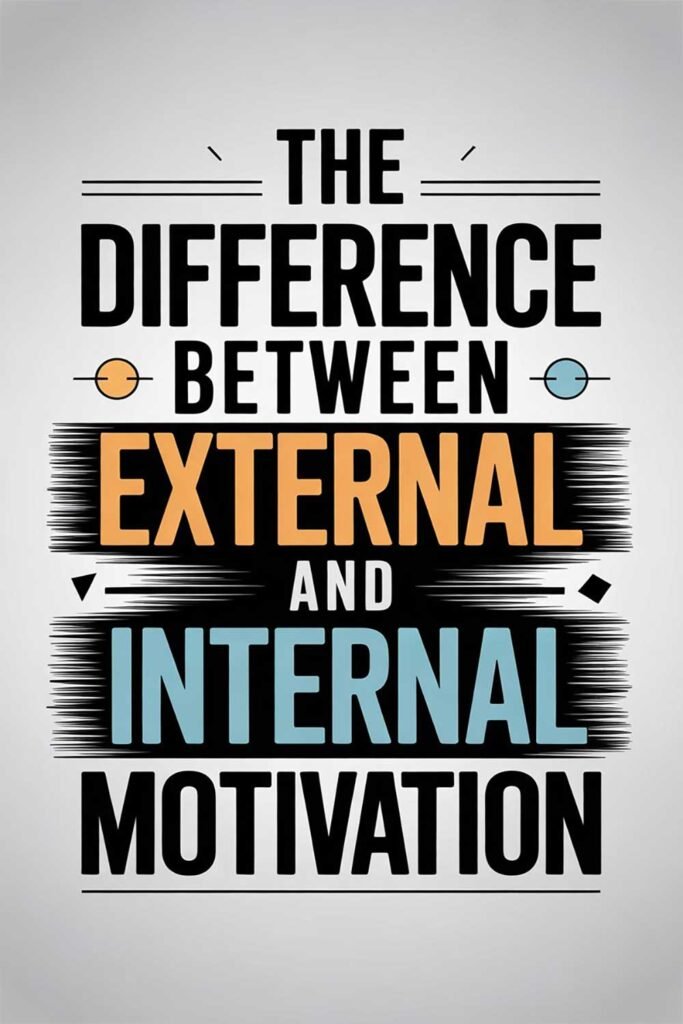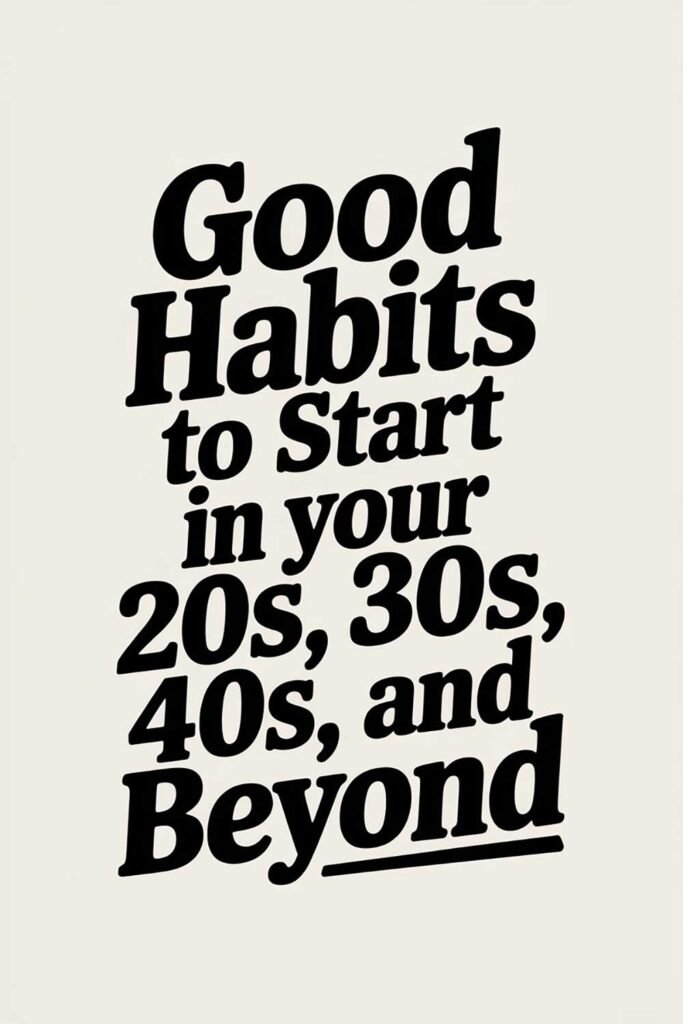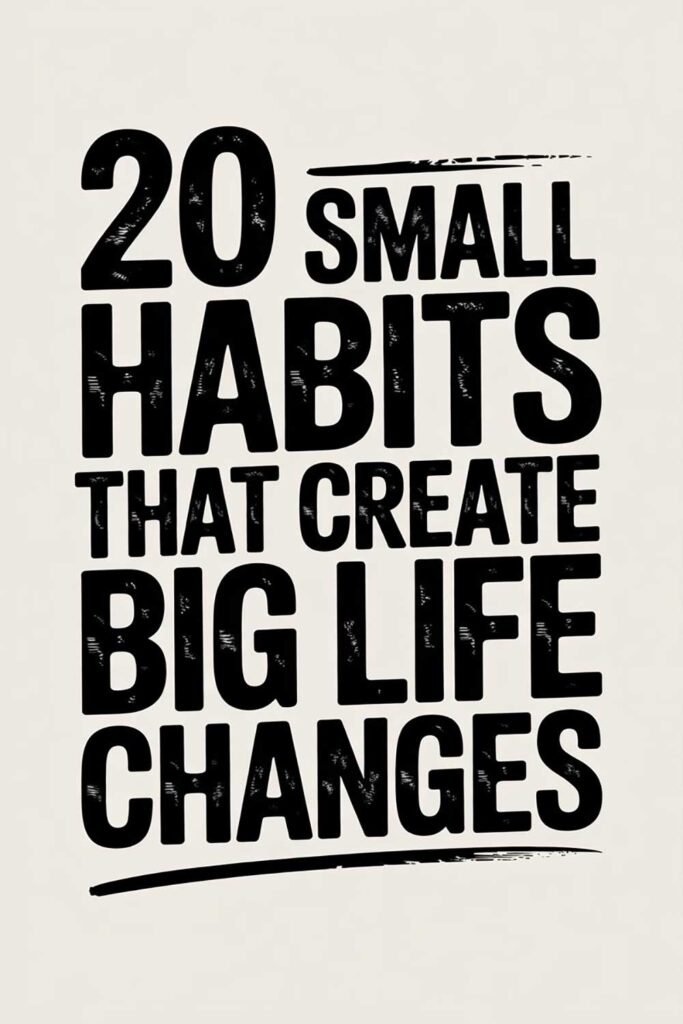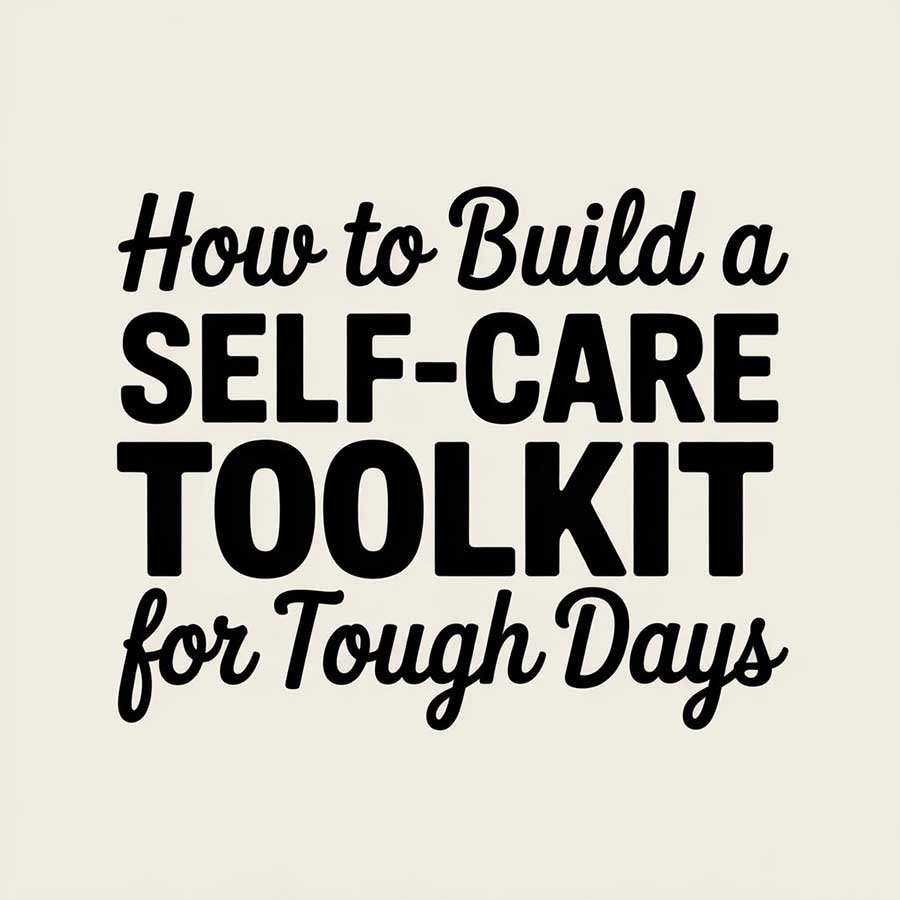
How to Build a Self-Care Toolkit for Tough Days
Some days feel heavier than others.
Stress builds, emotions run high, and even the simplest tasks can feel overwhelming.
That’s when having a Self-Care Toolkit becomes essential — a personalized collection of strategies, reminders, and comforts you can turn to when life feels tough.
A self-care toolkit acts as your emotional first-aid kit, helping you navigate difficult days with more resilience, grace, and compassion.
In this article, we’ll walk through how to build your very own self-care toolkit, what to include, and how real people use theirs to weather life’s storms.
Why You Need a Self-Care Toolkit
When you’re feeling stressed, anxious, or low, it’s hard to think clearly about what you need.
Having a ready-made toolkit takes the guesswork out of self-soothing.
Benefits of a self-care toolkit:
- Provides quick access to comfort and calm
- Helps prevent emotional spirals
- Supports healthy coping skills
- Builds emotional resilience
- Reminds you that you are never helpless
Your toolkit is a promise to yourself: “I will take care of me, even when it’s hard.”
Step 1: Choose Tools for Different Needs
A great self-care toolkit addresses multiple aspects of wellbeing:
- Emotional Support (comforting)
- Mental Reset (calming)
- Physical Release (moving energy)
- Spiritual Connection (grounding)
Real-Life Example:
Sarah divided her toolkit into four sections: a journal for emotional support, puzzles for mental reset, a yoga mat for physical release, and a gratitude journal for spiritual connection.
Step 2: Include Sensory Comforts
Engage your senses to quickly regulate your nervous system.
Ideas:
- Soft blanket
- Essential oils (like lavender)
- Favorite playlist
- Warm tea bags
- Photos that make you smile
Real-Life Example:
Jason keeps a lavender-scented stress ball in his desk drawer. During rough meetings, squeezing it and breathing in the calming scent helps him reset.
Step 3: Add Quick Self-Soothing Activities
Simple, actionable steps you can take when emotions run high:
- Breathing exercises guide
- 5-minute meditation app
- List of favorite affirmations
- Adult coloring books
- Favorite funny YouTube videos
Real-Life Example:
Emily made a “laugh list” of her favorite comedy skits. On hard days, watching just one funny clip lightens her mood.
Step 4: Write a List of Supportive Contacts
When you’re overwhelmed, it’s easy to forget who you can reach out to.
Include a list of:
- Friends or family members you trust
- Therapist or coach contacts
- Crisis lines or support groups if needed
Real-Life Example:
After adding her best friend’s number to her toolkit, Olivia found it easier to reach out for help instead of isolating during tough times.
Step 5: Personalize It with Meaningful Items
Your toolkit should feel like a hug from the inside.
Other ideas:
- Favorite book or inspiring quotes
- Letters or notes from loved ones
- A small journal to write out feelings
- Affirmation cards
Real-Life Example:
Chris keeps an old birthday card from his grandma that says, “You are loved.” Reading it on tough days reminds him he’s not alone.
Step 6: Make It Portable
Life happens everywhere — not just at home.
Consider creating a mini-version of your toolkit for your car, purse, or desk.
Real-Life Example:
Amanda created a travel-sized toolkit with headphones, a small gratitude notebook, and a few affirmations she keeps in her backpack.
Step 7: Update It Regularly
As you grow, your needs will change.
Every few months, revisit your toolkit:
- Remove what no longer feels comforting
- Add new resources or strategies that support you now
Real-Life Example:
After discovering a love for watercolor painting, Michael added a mini-paint set to his self-care toolkit for quick, creative outlets.
20 Inspirational Quotes About Building a Self-Care Toolkit
1. “Self-care is not a luxury; it’s a lifeline.”
2. “On the days you can’t find the light, be your own candle.”
3. “Caring for yourself doesn’t mean ‘me first,’ it means ‘me too.’”
4. “Your peace is your power. Protect it fiercely.”
5. “Even small acts of self-care are acts of self-respect.”
6. “Having a plan for tough days is a form of self-love.”
7. “Strength doesn’t mean not needing help; it means knowing when to reach for it.”
8. “Self-care isn’t selfish. It’s survival.”
9. “Healing isn’t linear, but self-care is a steady hand along the way.”
10. “You are allowed to be a masterpiece and a work in progress at the same time.”
11. “It’s okay to have bad days. It’s not okay to let them define you.”
12. “Your emotions are not your enemy. They are your messengers.”
13. “Taking care of yourself today makes future you stronger.”
14. “In the middle of difficulty lies opportunity for growth.”
15. “Rest is not a weakness. It’s an act of resilience.”
16. “You deserve to show up for yourself with the same love you offer others.”
17. “The best time to build your self-care plan is before you need it.”
18. “Tough days are chapters, not the whole story.”
19. “Your feelings are valid, but they are not permanent.”
20. “Self-care is your secret weapon for surviving and thriving.”
Picture This
Imagine having a personal sanctuary at your fingertips —
a cozy blanket of comfort for your mind, body, and soul, ready whenever life gets heavy.
Instead of spiraling, you reach for your self-care toolkit: a favorite song, a calming scent, a reminder that you are loved.
You take a deep breath.
You feel the storm begin to pass.
You are not powerless. You are prepared, strong, and resilient.
What will you place in your self-care toolkit today to support your strongest, most resilient self?
Share This Article
If this article inspired you, please share it with a friend, coworker, or loved one.
Everyone deserves a self-care toolkit for tough days.
Let’s help each other build strength, one kind step at a time!
Disclaimer
This article is for informational purposes only and is based on personal experiences and insights. It is not intended to replace professional advice. Always consult with a healthcare professional before making any major lifestyle changes or decisions regarding your mental, emotional, or physical health. Results may vary.


